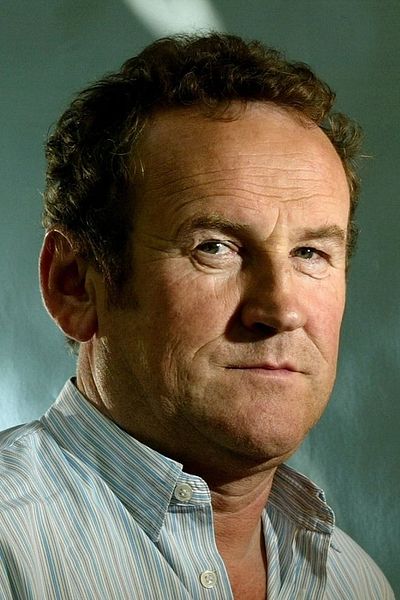A fictional account of the extraordinary story of two implacable enemies in Northern Ireland - firebrand Democratic Unionist Party leader Ian Paisley (Timothy Spall) and Sinn Fein politician Martin McGuinness (Colm Meaney) - who are forced to take a short journey together in which they will take the biggest leap of faith and change the course of history.
Films about Northern Ireland and its troubled past have largely worked in some of the more recognisable aspects, i.e. the violence on the streets, such as Yann Demange's chase-thriller '71, or the trials and tribulations of central figures, such as Philip Martin's biopic on Mo Mowlam. The Journey casts itself as a fictional story about real people, in this case a car trip that took place between Ian Paisley and Martin McGuinness that helped with easing the tensions between the two sides. As you watch the film, you'd be forgiven for thinking it began life as a play and was then subsequently adapted into a film, but apparently not so.
That said, while the filmmaking and visual aspects of it may be somewhat flat, the performances from Colm Meaney and Timothy Spall are what gives the film life and energy. Meaney's on fire as McGuinness, capturing the wry humour and easy charm he was known for, whilst Spall portrays Paisley as a tightly-wound rooster, all teeth clucking and bible-thumping verses throughout. In the hands of other actors, it could have been a one-note performance from both - one's funny and self-effacing, the other's a hard-ass - but Meaney and Spall give the characters enough space and room to perform that it becomes much more than that.
For a film about such a serious topic - the opposite ends of the spectrum in the Troubles meeting without cameras and in human terms - there's a wide streak of comedy running through it and, again, both actors are experienced enough to let it bubble to surface rather than aiming directly for it. Meaney's McGuinness makes a number of off-colour jokes that fail to elicit any kind of response from Paisley, which in itself is funny is a cringing manner. That said, the film doesn't stray too far away from the serious side of things, and one particularly preachy moment has Paisley, literally on a sermon pulpit, speaking down to McGuinness.
It's clear what the script and the film itself was aiming for - a Peter Morgan-esque character study, thrown together by circumstance and forced to make a deal. The problem is that both the dialogue and the conceit itself is a bit dull and obvious; these two men are on a journey to peace, and they're actually on a journey. Moreover, there's an entire subplot about MI5 bugging the van in which they're travelling and planting a driver - a fresh-faced Freddie Highmore - to try and stir conversation between the two that doesn't really work. In the hands of a sharper screenwriter, there definitely could have been something a lot smarter and brighter than what ends up on screen.
Still, The Journey is reasonably effective and the twin performances of Spall and Meaney help to make the film a lot more memorable than it should have been.




















































































